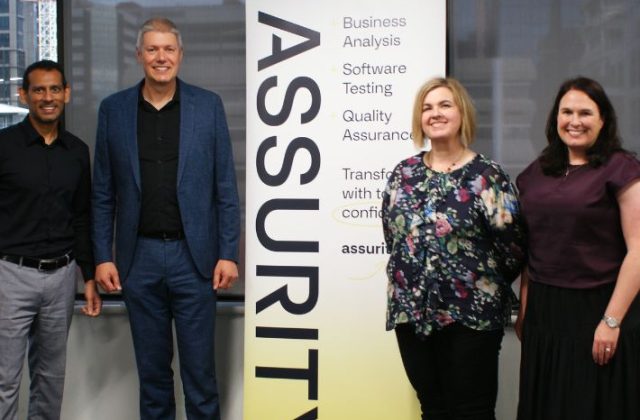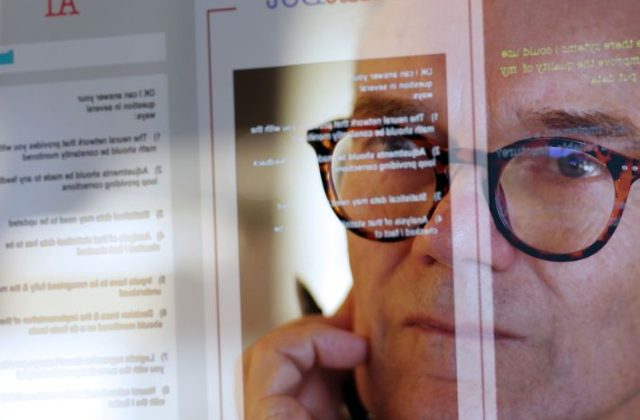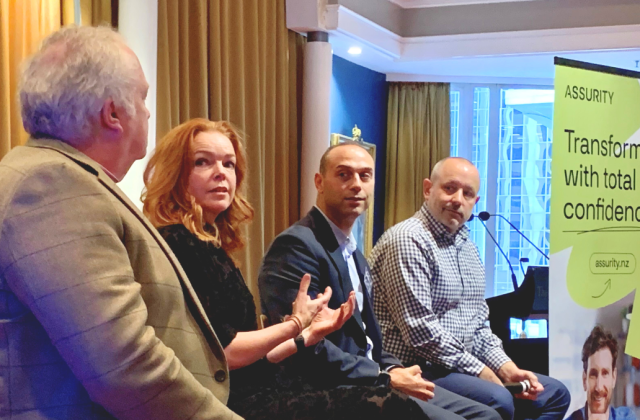Date: 28 August 2019
I’ve seen him in every organisation. I’ve worked with him and yes, I’ve also been him. I love to see him running through the organisation, appearing in every meeting and hanging out with management.
I’m talking about the superhero of the team – the Batman who’s willing to pull all-nighters, work weekends and do all the work that’s needed. We like heroes, we celebrate and reward them. They’re a role model in the organisation.
Do you recognise this person and do you have a hero in your team? I’m sorry to say but you’re suffering from the ‘superhero syndrome’.
The superhero syndrome
The ‘superhero syndrome’ is when one member of the team assumes that he or she is responsible for doing everything. They take on extra work and responsibilities, solving any kind of problem and take failures and mistakes to heart. A real perfectionist. A superhero is the one who fixes problems and is therefore rewarded by management.
Most heroes have good intentions and do their work with the utmost passion. But many organisations are completely dependent on their heroes. And, more disturbingly, a lot of organisations think the superhero is needed because other team members aren’t capable of fixing complex problems.
A lost hero
It’s easy to depend on the hero, to just sit back and let them save the day. Other members of the team are much less likely to react and respond appropriately in times of crisis. Why? Because the hero has knowledge that hasn’t been shared with the team.
As a hero wants to solve problems and feels responsible for all mistakes, they can put an unmanageable amount of pressure on themselves to perform. In the short-term, this can be okay, but in the long-term, it’s dangerous. Stefan Thorpe, CTO of Caylent, points out that “They will not only be pushing themselves to complete their own work as usual, but they will also be trying to take on too much in the way of additional roles and responsibilities.” (1) This behaviour can result in burn-out and will affect their performance.
They will only be pushing themselves to complete their own work as usual, but they will also be trying to take on too much in the way of additional roles and responsibilities.
Should you get rid of your superhero?
I say yes – if you believe the rest of the team is not performing the way you want. Keeping the hero in place and letting them fix every problem will create an environment where the team isn’t capable of fixing the problem. Why should they if the hero always saves the day? But let’s be clear on one point – a superhero is not someone you get rid of, it is something you should want to get rid of. It’s the behaviour of a superhero that can kill your organisation, not the person per se.
A Dream Team. Of individuals
Do you remember the 1992 American men’s basketball Olympic Dream Team? The greatest players in the history of sports put together – Michael Jordan, Scottie Pippen, Magic Johnson, Charles Barkley and so on. Guaranteed success right?
On 24 June 1992, the team started preparing for the Olympics and played their first game to a squad of the best NCAA (National Collegiate Athletic Association) college players. The star players entered the court, intimidating the students with their warm up. Everything was in place to make sure everyone saw the Dream Team shine like heroes. And, of course… they lost the game by 62-54 after underestimating the opposition.(2) “We didn’t know how to play with each other,” Scottie Pippen.(3)
A Dream Team that became a team
The loss woke the players up. Winning was far more than being a team of all stars. It required an all-star team. They adjusted, became a team and the rest is history. The Dream Team defeated its opponents by an average of 44 points and took gold. It has been described by American journalists as the greatest sports team ever. (2)
Many organisations can identify with the case of the Dream Team. They’re all looking for the most experienced and talented individuals – most of the time the superheroes of the organisation – who can help out the team of average individuals or even under performers. But having the best players doesn’t mean you’ll win the tournament. It depends if you want to win the game or go for the championship. As Michael Jordan says: “Talent wins games, but teamwork and intelligence win championships.” (3)
Five ways to remove Batman’s cape
So it’s time to say goodbye to the Batman in your organisation or team. Here’s how:
- If you’re the superhero, start saying no! When a team can rely on you, the hero, they don’t need to grow and learn collectively. There’s no need to get better and the team can just coast along. Knowing how to solve a problem doesn’t mean you’re responsible for fixing it. As a team, you’re responsible and everyone needs to cooperate. You’re selling yourself short by maintaining an unhealthy work-life balance:
- If you’re a manager facing superhero behaviour in your team, address the problem as soon as possible. Make sure the hero sees it, recognises the long-term consequences and protect them from becoming overloaded
- Use data to show what’s going on, to ease up the conversation. Make sure you let Batman see what’s going on and the impact his actions have. Feelings, emotions and assumptions make the conversation a lot more difficult and could create a hostile environment
- Stop rewarding people who work long hours. You don’t need to punish them, but you do need to find out what’s broken and why people think they need to do overtime (4)
- If you have a superhero in your team, it’s important to speak up. Make sure you start the conversation with the whole team with the goal to make the team better. Keep away from one-on-one conversations and the accusing modus. It’s difficult I know, but no one wins with a Batman. Not the team, not the organisation and not Batman
Are you facing the superhero problem? Do you want to focus on becoming a team instead of a group of individuals? We can help! With the right training and coaching, we’ll develop your own Dream Team.
References












